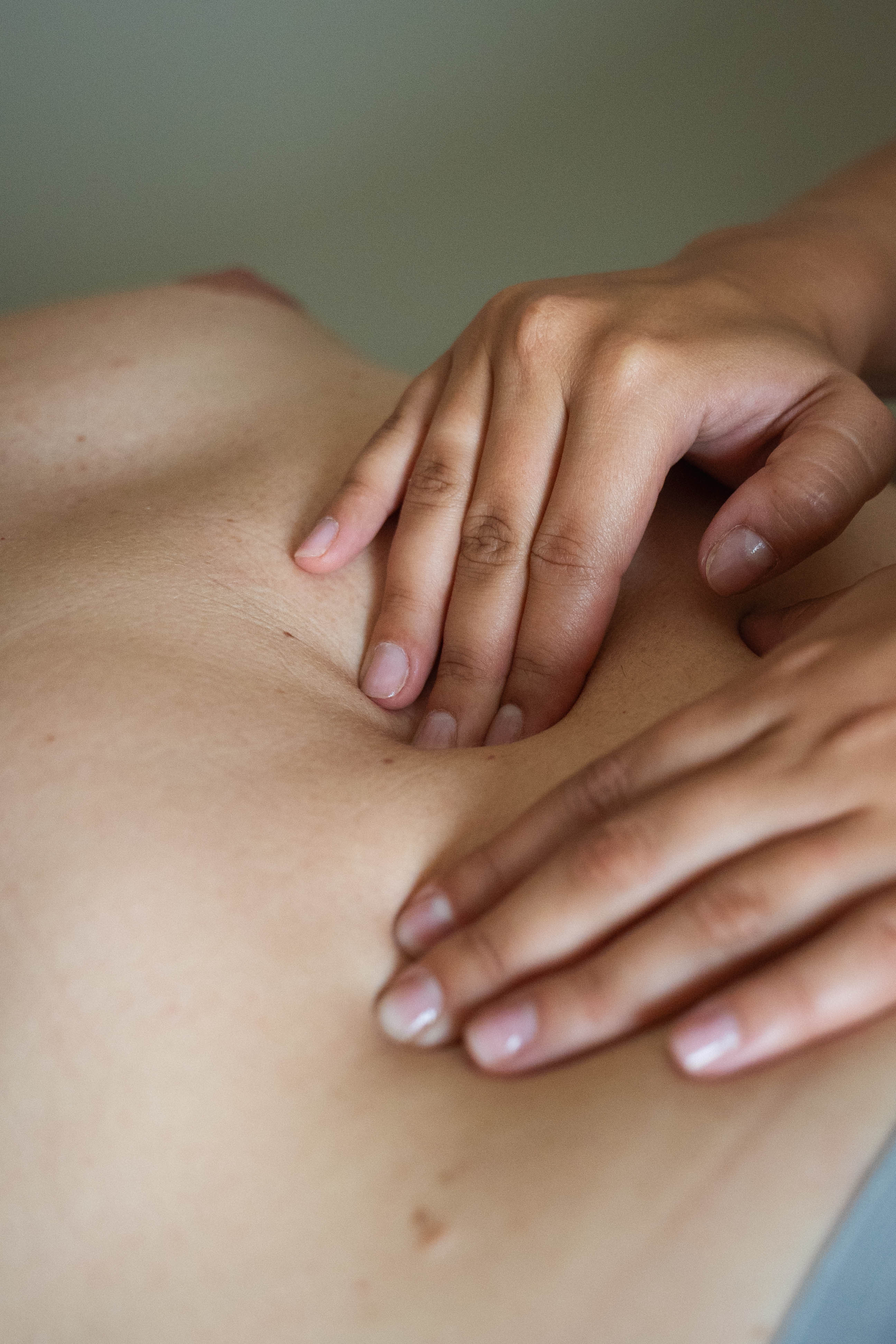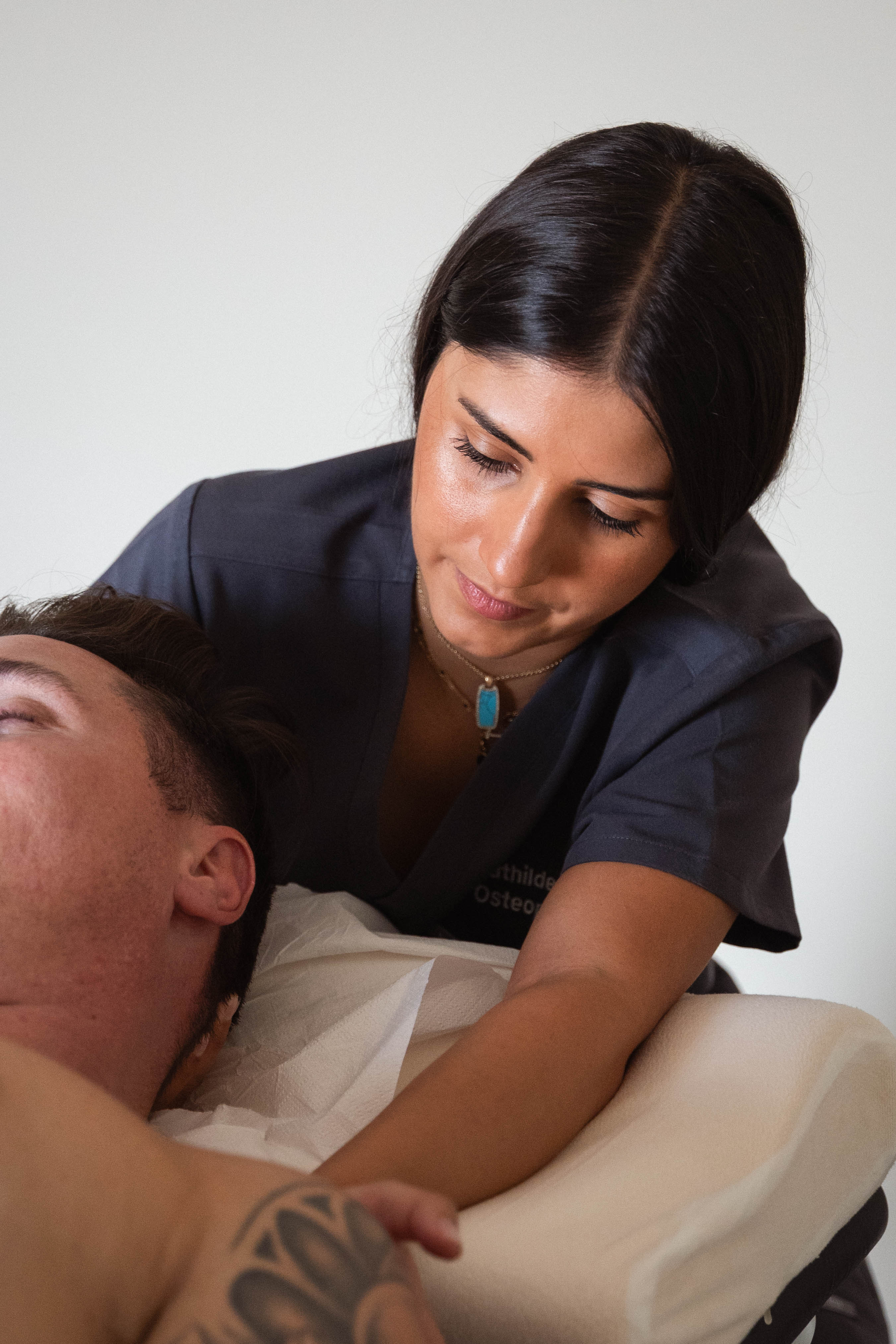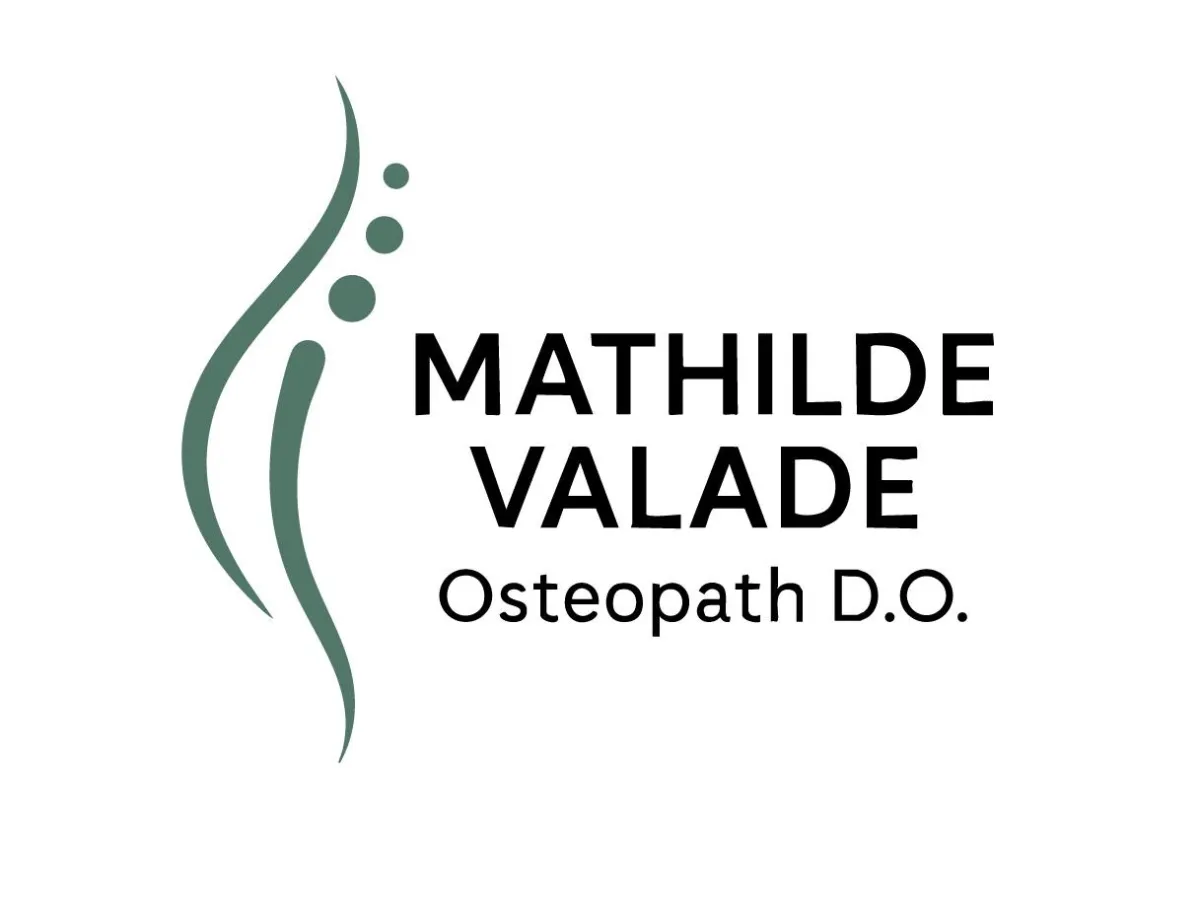Stress & sleep
You go to bed tired but wake up even more exhausted ?
What if stress was the main cause of your restless nights ?
In Dubai, the pace of life can be intense: long working days, heat, travel...
Result : Accumulated stress, restless nights and persistent fatigue.
Sleep and stress are intimately linked: the more stressed one is, the less one sleeps, and the less one sleeps... the more stressed one is.
Osteopathy, thanks to its gentle and global approach, can be a valuable ally in breaking this vicious circle.
But concretely, what is osteopathy ?
Osteopathy is a manual therapy that considers the whole body.
The osteopath does not focus solely on the painful area, but seeks to understand where the imbalance comes from.
Through gentle techniques on the muscles, joints, skull or even the diaphragm, it helps the body to regain mobility and harmony.
Stress and sleep : a vicious circle
When one is stressed, the 'alert' nervous system activates :
Shorter breathing
Accelerated heart rate
Muscle tensions that settle
All this prevents the body from relaxing to fall asleep. Lack of sleep, on the other hand, further increases stress.
Result: a circle difficult to break without outside help.
How does osteopathy help reduce stress ?
The osteopath works directly on the areas where tensions accumulate: neck, trapezius, back, diaphragm.
This promotes fuller breathing and muscle relaxation
These manipulations also stimulate the parasympathetic nervous system, which promotes relaxation and rest.
Studies show that patients experience decreased anxiety and improved well-being after a few sessions.


Osteopathy for better sleep
The benefits are concrete :
Fewer neck or back pains that disrupt the night
A smoother breathing, facilitated by work on the rib cage
A feeling of calm and appeasement conducive to falling asleep
Many expatriate patients in Dubai, often subjected to a sustained pace, report more restful sleep after their sessions.
When to consult an osteopath ?
Consider consulting if you suffer from :
Regular insomnia
Persistent fatigue despite long nights
Migraines or stress-related tensions
Nocturnal muscle pain
Osteopathic follow-up can also be combined with other approaches such as meditation or sophrology.
My advice as an Osteopath
These small gestures, associated with the sessions, reinforce the effects of osteopathy :
Avoid screens at least 30 minutes before bedtime
Maintain a cool, quiet and dark room
Take 5 to 10 minutes of deep breathing or meditation
Try to keep regular sleep schedules
Limit coffee and tea after 4 PM
Take a warm shower or bath to relax the muscles
Mathilde Valade - Osteopath



